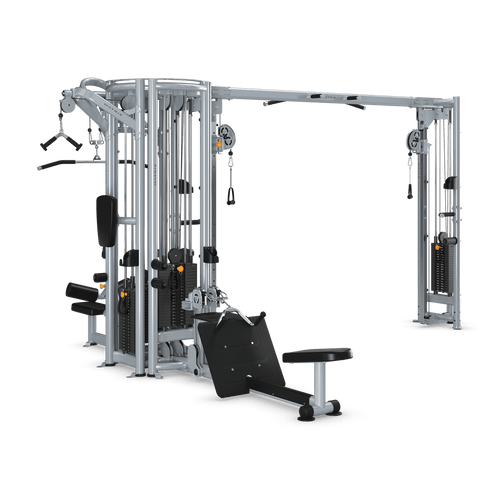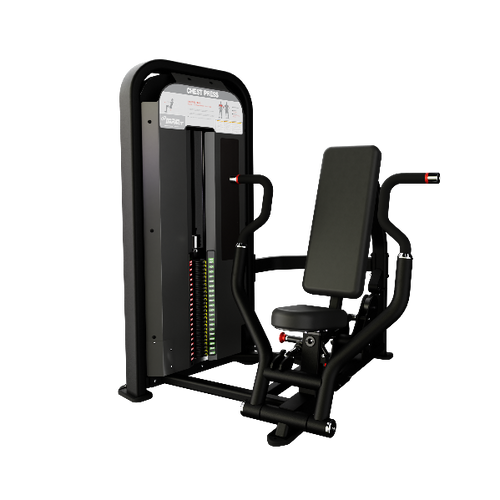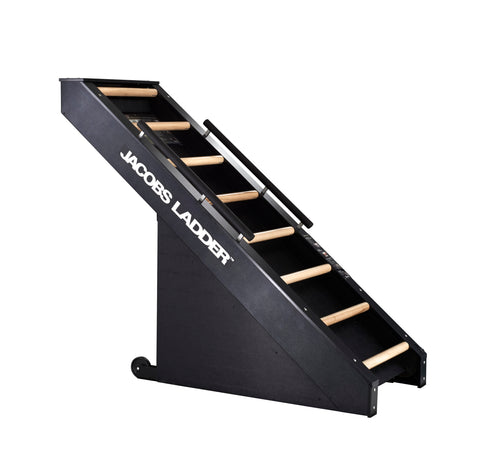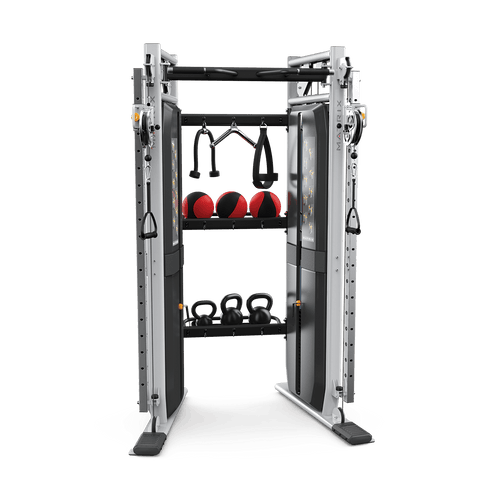Top 5 Considerations When Starting a Gym

There are few moments in life more exciting than starting a new business venture. Bridging the gap between idea and reality can be challenging, and the reality for many is that their project will struggle to get off the ground or find the level of success they are aiming for. Occasionally, this is due to factors entirely out of one’s control, but with careful planning and attention to detail there is a lot that can be done to maximize your chance of success.
Let's dig in!
- Feasibility Study
- Clientele
- Location Assessment
- Equipment & Amenities
- Timeline
- Conclusion
1. Perform a Feasibility Study
The first step before anything else should always be to conduct a thorough feasibility assessment in order to ensure that your plans align with your budget and resources.
A feasibility assessment would consider factors such as startup costs, ongoing expenses, and potential revenue streams. Evaluate the market demand for your gym concept and assess the competitive landscape. By realistically gauging the feasibility of your project, you can make informed decisions and set realistic expectations for success.
In addition, developing a comprehensive business plan and financial model will not only ensure the long-term viability and sustainability of your gym venture, but will allow you to present your vision to financial investors and stakeholders.
Estimate startup costs including equipment purchases, lease agreements, staffing expenses, and marketing initiatives. Then, come up with a budget that accounts for potential fluctuations in revenue and expenses. Explore financing options such as small business loans or partnerships to secure the necessary capital investment. Additionally, implement good financial management practices such as tracking expenses, monitoring cash flow, and diversifying revenue streams to mitigate risks and optimize profitability.
Some of these may seem like obvious considerations for any serious entrepreneur, but this is where people often try to rush through the process. You'll thank yourself for being thorough later.
2. Clientele
You likely have either a strong stylistic vision for your gym, or a strong idea of the target clientele. Either way, understanding who your customers will be is vital to further shaping the plan, because in the end, if you don't serve their needs, everything else is for naught.
Consider factors such as demographics, lifestyles and fitness goals to tailor your services and amenities to meet their requirements and preferences. Conduct market research to gather insights into the needs and expectations of your potential members. Are you targeting fitness enthusiasts, beginners, athletes, seniors, families, or specific niche demographics? By identifying your customers, you can develop specialized programs, classes, and promotions to attract and retain members.
3. Location Assessment
You know the saying: Location, location, location. Let's be real. You could have the most amazing setup around, but most people aren't going to go out of their way to try it - let alone become long-term members - if it doesn't geographically fit in with their existing routine (or if it's hard for them to know it exists!)
Consider the effect that surrounding businesses and other neighbors might have. Do they compliment you, or would their presence unsettle your customers?
Aside from geographic placement, the actual space itself matters a great deal. Evaluate potential spaces based on factors such as size and layout, parking accessibility, and visibility. Choose a location that offers convenience and accessibility to attract and retain members.
4. Equipment & Amenities
The selection of equipment and amenities you offer plays a crucial role in shaping the member experience and distinguishing your gym from competitors. Determine the types of equipment that align with your members’ fitness goals and preferences.
The average gym will want to invest in equipment that covers a full range of workouts, from strength training and cardio to functional fitness and flexibility exercises. If you're planning more of, say, a lifter's gym, then it might make sense to allocate the lion's share of the budget toward rack systems and platforms, premium barbells, free weights and benches.
Consider factors such as shower facilities, locker rooms, lounge areas, and private/group training spaces. Tailor your amenities to meet the needs and preferences of your members. Create a welcoming and comfortable environment that fosters community and encourages members to achieve their fitness goals.
5. Timeline
Establishing a realistic timeline is paramount. Start by charting out key time-sensitive phases which will typically include: location scouting, lease negotiations, facility setup, equipment procurement, staffing, branding, marketing, and pre-launch preparations.
Assign specific timelines and deadlines to each phase, taking into account factors such as lead times for equipment orders, license and permit processing, construction or renovation work, and marketing campaign rollout. Be mindful of potential delays and setbacks that may arise during the process and build in buffer time to accommodate the unpredictable - because there will always be a delay somewhere, and more likely, a chain of them.
Finally, plan the timing of your launch to coincide with peak periods of interest and engagement, maximizing visibility and attracting a larger audience. By meticulously planning and adhering to a well-defined timeline, you can mitigate risks and set the stage for a smooth & successful gym launch.
Conclusion
As you can see, starting a gym is a complex undertaking that requires careful planning, strategic decision-making, and meticulous execution. Having a dream is great, but it will take a lot of hard work!
At AKFIT, we have over 35 years of experience helping startups. If you're located in Ontario and are currently or will soon be actively preparing to open a gym, don't hesitate to contact us for a consultation.
Doing so early in the process will allow you to fully leverage our breadth of knowledge and resources to ensure a smooth and successful launch. We can help curate the perfect selection of equipment, maximize the potential of your space with design services, or even offer entire custom turnkey packages. We'll be straightforward with you regarding every step so you're left with no unpleasant surprises.
If you're ready to turn your vision into reality, reach out to AKFIT's commercial team today for a consultation or quote and let's make your dream gym happen!









